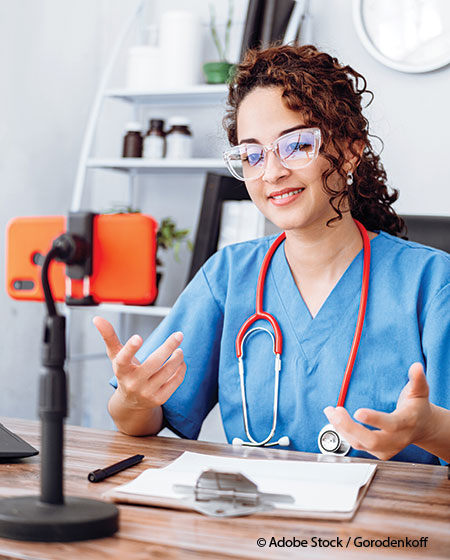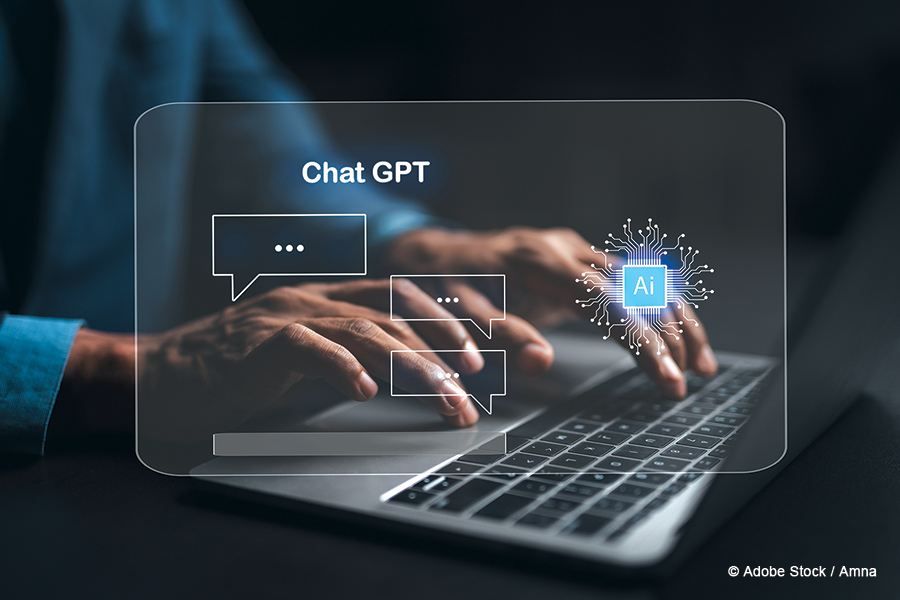Social media use within otolaryngology is increasing rapidly, mainly for professional networking but also for applications that directly impact patient care, such as patient education and study recruitment.


Social media use within otolaryngology is increasing rapidly, mainly for professional networking but also for applications that directly impact patient care, such as patient education and study recruitment.

It’s critical that otolaryngologists become familiar with, educated about, and unafraid of AI to prepare for the inevitable integration of AI applications into their practices.

Virtual (VR), augmented (AR), and mixed realities (MR) all fall under the umbrella of extended reality (XR) and are characterized by extending a user’s experience into different worlds via technology that simulates those realms. In healthcare, currently, one of the main uses of XR occurs during surgery.

As with any powerful new technology, excitement over the real and potential benefits of LLMs within healthcare will need to be continually evaluated against real and potential risks. With the launch of ChatGPT for general usage, the time has arrived to weigh in on this balancing act as more people adopt the technology.

This article provides a brief foundational understanding of generative AI and describes examples of its current and potential uses in healthcare, as well as the experience of some otolaryngologists in their early adoption of generative AI programs designed to help ease the burdensome task of documentation.

This article is the first in a series of five that looks at the broad dimensions of AI within the context of healthcare in general and otolaryngology where apt. This first article describes basic principles of AI and how these technologies are currently used in healthcare.

Although the artificial intelligence app ChatGPT has created chaos in some medical areas, it may be a promising yet ambiguous alternative to traditional search engines for patient information.

Podcasts were a popular format before this year, but COVID-19 created a greater need for online medical education resources.

The need for social distancing triggered by coronavirus requires a change in physician-to-physician interactions from in-person meetings to virtual.

The promise of EMRs—more efficient workflow, improved patient care, even increased patient safety—may still be worthwhile.